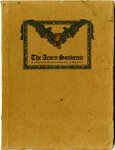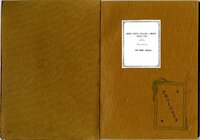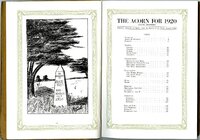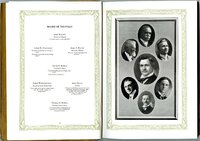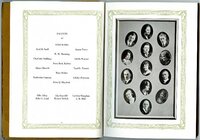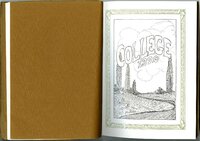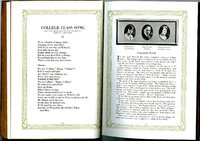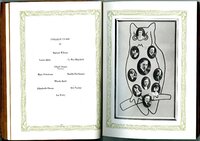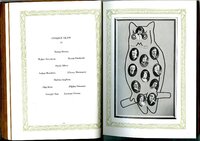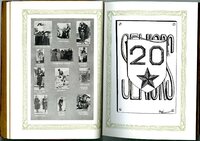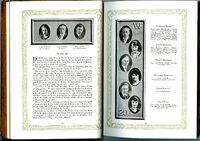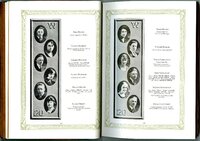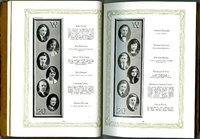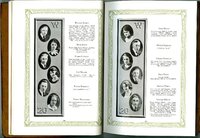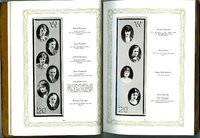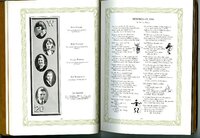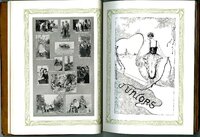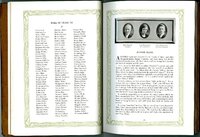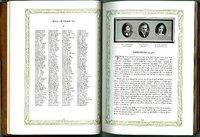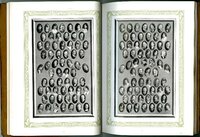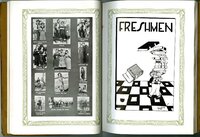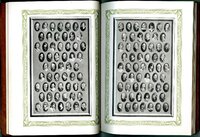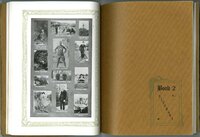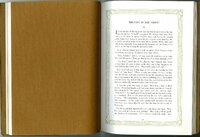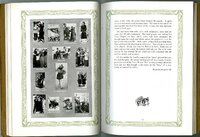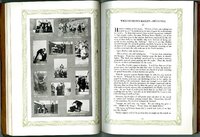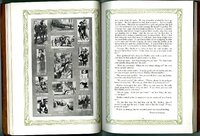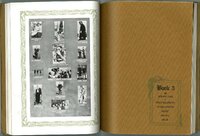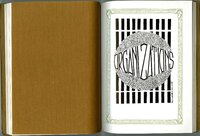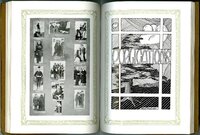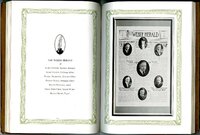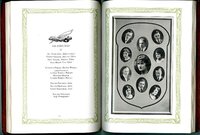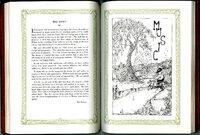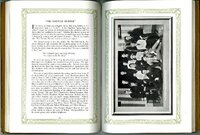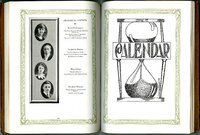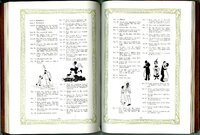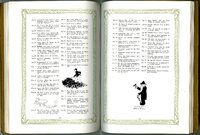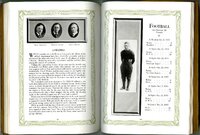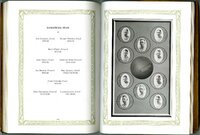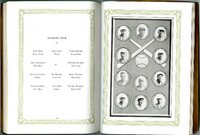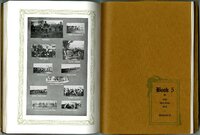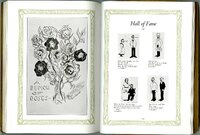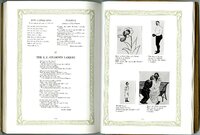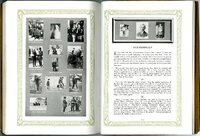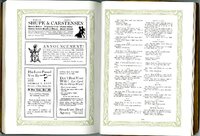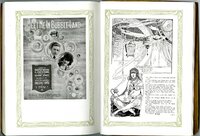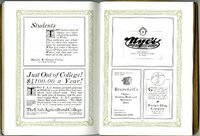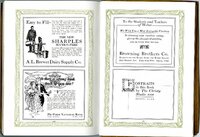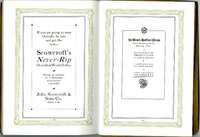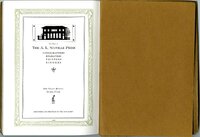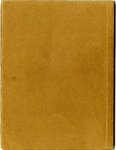| Title |
1920 The Acorn Souvenir |
| Creator |
Weber Normal College |
| Description |
A collection of yearbooks from Weber Normal College which comprise the years 1919 to 1923. Included in the yearbook are photographs of students, class officers, faculty, the Board of Trustees, athletics, and departments within the college. It also contains sections about the clubs and organizations within the Academy, literary pages, student poetry, and advertisements from local businesses. |
| Subject |
Student activities; Advertising; Athletics; State boards of education; Calendar; Clubs; Education, Secondary; Faculty; Forms, Literary; Obituaries; Ogden (Utah); Students; Weber Normal; Yearbooks |
| Digital Publisher |
Stewart Library, Weber State University, Ogden, Utah, USA |
| Date Original |
1920 |
| Date |
1920 |
| Date Digital |
2008 |
| Temporal Coverage |
1905; 1906; 1907; 1908; 1909; 1910; 1911; 1912; 1913; 1914; 1915; 1916; 1917; 1918; 1919; 1920; 1921; 1922; 1923; 1924; 1925; 1926; 1927; 1928; 1929; 1930; 1931; 1932; 1933; 1934; 1935; 1936; 1937; 1938; 1939; 1940; 1941; 1942; 1943; 1944; 1945; 1946; 1947; 1948; 1949; 1950; 1951; 1952; 1953; 1954; 1955; 1956; 1957; 1958; 1959; 1960; 1961; 1962; 1963; 1964; 1965; 1966; 1967; 1968; 1969; 1970; 1971; 1972; 1973; 1974; 1975; 1976; 1977; 1978; 1979; 1980; 1981; 1982 |
| Item Size |
10.75x8 inch |
| Medium |
yearbooks |
| Item Description |
Tan paperback book with an image of acorns and the words "The Acorn Souvenir Nineteen Hundred Twenty" on the front. The pages are numbered 1-132. |
| Spatial Coverage |
Weber County, Utah, United States, http://sws.geonames.org/5784440 |
| Type |
Text; Image/StillImage |
| Conversion Specifications |
TIFF images were scanned with an Epson Expression 100000XL scanner. JPG and PDF files were then created for general use. |
| Language |
eng |
| Rights |
Public Domain. Courtesy of University Archives, Stewart Library, Weber State University |
| Source |
LD 5893.W55 A24 1920 Weber State University Archives |
| Format |
application/pdf |
| ARK |
ark:/87278/s6kp86n2 |
| Setname |
wsu_year |
| ID |
106232 |
| Reference URL |
https://digital.weber.edu/ark:/87278/s6kp86n2 |
| Title |
1920 The Acorn Souvenir - 1920_046_page82&83 |
| Description |
A collection of yearbooks from Weber Normal College which comprise the years 1919 to 1923. Included in the yearbook are photographs of students, class officers, faculty, the Board of Trustees, athletics, and departments within the college. It also contains sections about the clubs and organizations within the Academy, literary pages, student poetry, and advertisements from local businesses. |
| Subject |
Student activities; Advertising; Athletics; State boards of education; Calendar; Clubs; Education, Secondary; Faculty; Forms, Literary; Obituaries; Ogden (Utah); Students; Weber Normal; Yearbooks |
| Date Original |
1920 |
| Date |
1920 |
| Type |
Text |
| Conversion Specifications |
Archived TIFF images were scanned at 400 dpi with an Epson Expression 10000XL scanner. JPG and PDF files were then created for general use. |
| Rights |
Public Domain. Courtesy of University Archives, Stewart Library, Weber State University |
| Format |
application/pdf |
| Setname |
wsu_year |
| ID |
110503 |
| Reference URL |
https://digital.weber.edu/ark:/87278/s6kp86n2/110503 |

